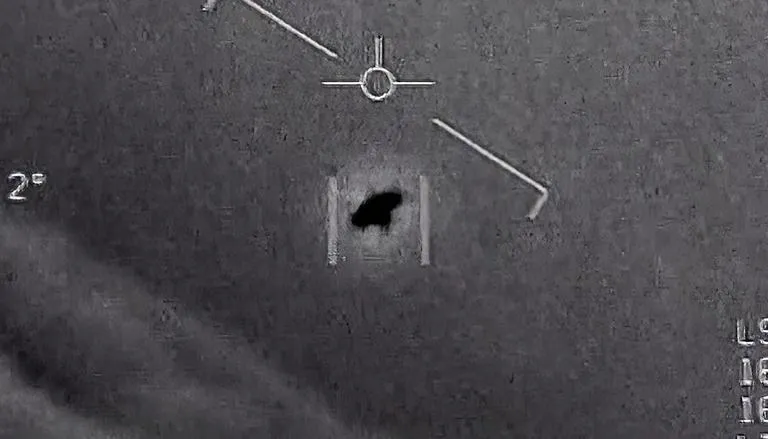A potential breakthrough in the search for extraterrestrial life has been made by astronomers, who have reportedly uncovered an exoplanet with the ability to emit a “coherent” radio signal. The presence of a magnetic field is often considered a crucial prerequisite for habitability, as it provides protection against harmful radiation. Our own planet’s magnetic field, generated by the molten iron at its core, extends outwards into space, shielding life from cosmic radiation and charged particles emanating from the Sun. While Jupiter, Saturn, Uranus, and Neptune also possess magnetic fields, they are significantly more potent than Earth’s.
Astrophysicists have put forward an intriguing possibility that an alien planet may be capable of hosting extraterrestrial life after discovering it has a magnetic field, as per a report from New York Post. In a recently published study in the Nature Astronomy journal, researchers Sebastian Pineda and Jackie Villadsen have revealed that rocky planet YZ Ceti is deflecting repeated radio signals from the star it orbits. This discovery was made possible through the use of a radio telescope.
Is this a significant discovery?
In a statement, Sebastian Pineda expressed excitement about an initial radio burst they observed, which he described as “beautiful.” Upon seeing the same phenomenon again, Pineda and collaborator Jackie Villadsen felt they might have made a significant discovery. Their subsequent investigation led them to hypothesize that YZ Ceti, a rocky planet located roughly 12 light years away, boasts an Earth-like magnetic field that interacts with its star to generate the signal. However, detecting the planet’s magnetic field has proved difficult due to its invisibility. To address this challenge, Professor Villadsen explained that they are exploring a method to observe bright radio waves emitted by stars when a planet with a magnetic field passes through its surrounding material.
Joe Pesce, program director for the National Radio Astronomy Observatory, emphasized the significance of the discovery, noting its potential to enhance our understanding of magnetic fields on other planets. In a statement, Pesce underscored the importance of determining whether rocky, Earth-like exoplanets have magnetic fields, as it could aid in the search for potentially habitable worlds beyond our solar system. According to Pesce, this study not only suggests that YZ Ceti likely possesses a magnetic field but also provides a promising method to uncover additional planets with similar features. Although both Pineda and Villadsen are optimistic, they acknowledge that further investigation is necessary before they can conclusively confirm the existence of a magnetic field on the planet.
